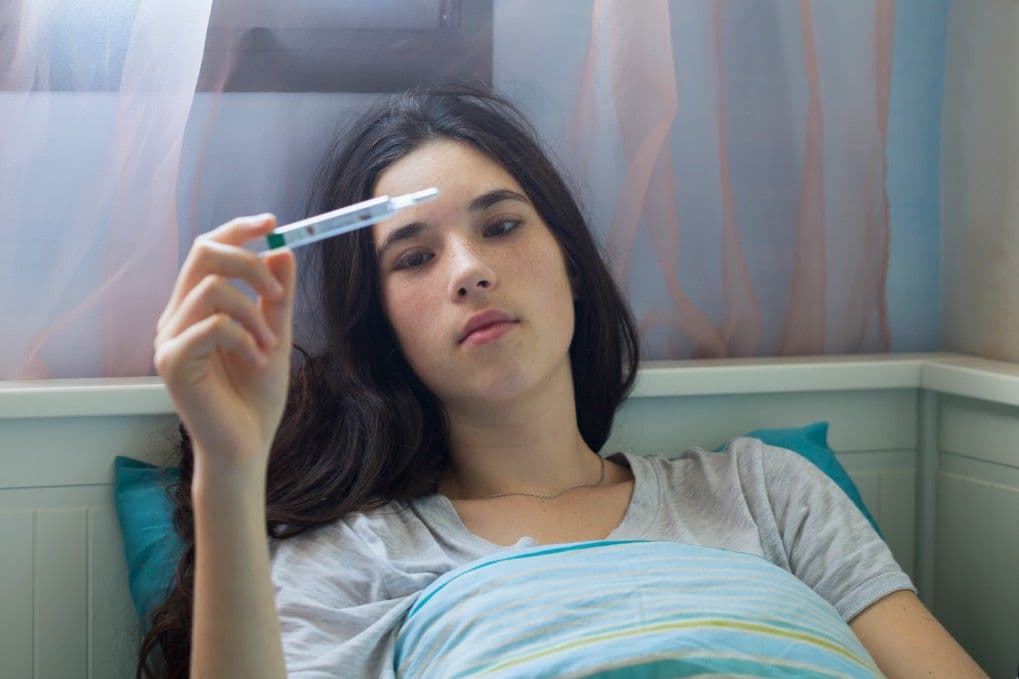Lifestyle, Environmental, and Genetic Factors Affecting Implantation: A Holistic View
Obie Editorial Team

Implantation is a multifaceted process influenced not only by cellular and hormonal factors but also by lifestyle, environmental, and genetic factors. Taking a holistic view of implantation can empower you to make positive changes that support reproductive health.
Lifestyle factors such as diet, exercise, stress management, and sleep all contribute significantly to the quality of the uterine environment. A nutrient-rich diet supports overall health, while regular exercise enhances blood flow to the pelvic region. Stress management, too, plays an essential role by keeping hormonal balance in check.
Environmental factors, including exposure to toxins and pollutants, can affect implantation. Reducing exposure to harmful chemicals found in some plastics, pesticides, and even certain personal care products may help create a healthier internal environment.
Genetics also has a role. Some women may have genetic variations that affect how their endometrium responds to hormonal signals. While these factors might seem beyond your control, knowing your genetic predispositions can help your healthcare provider tailor treatments to suit your needs.
Here are some practical, actionable strategies to support healthy implantation from a holistic perspective:
- Optimize your diet:
- Eat plenty of fruits, vegetables, whole grains, and lean proteins.
- Consider organic options to reduce exposure to pesticides.
- Exercise regularly: Engage in moderate activities such as walking, swimming, or yoga.
- Manage stress:
- Practice mindfulness, meditation, or deep breathing exercises.
- Consider counseling or support groups if needed.
- Reduce toxin exposure:
- Use natural personal care products.
- Avoid plastics labeled with recycling codes that indicate potential BPA exposure.
- Consult about genetic testing: Discuss with your doctor if genetic screening or personalized medicine approaches might benefit you.
Taking a proactive, holistic approach can make a real difference in your reproductive health. It’s not just about one factor—it’s about creating a supportive environment that allows every aspect of your body to work in harmony. With these steps, you can take an active role in enhancing your chances for successful implantation and a healthy pregnancy.
Source:
Sharma, R., et al. (2016). Lifestyle factors and fertility: an evidence-based review. Fertility and Sterility.








